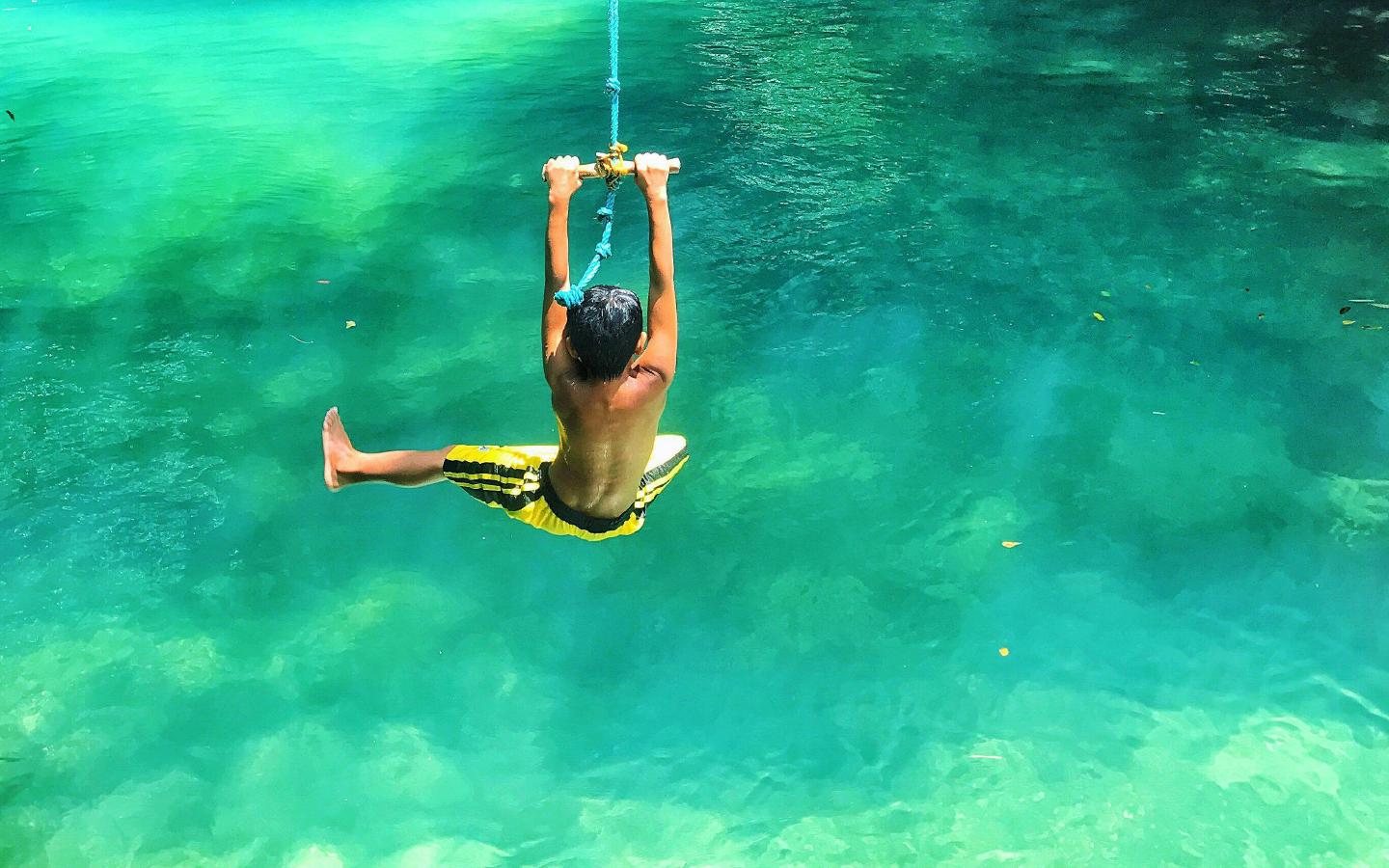
Overview
Listen to the article
Despite many years of progress, Asia and the Pacific face tremendous development challenges. Poverty, high debt levels, negative impacts from local and global conflicts, disasters, and inequality—in all its dimensions—remain major obstacles.
Looming over them is the defining challenge of our time–climate change. ADB’s developing member countries are among the most vulnerable to climate change. In fact, for our Pacific developing member countries, climate change is an existential threat. At the same time, reducing greenhouse gas emissions in our developing members is essential if the world is to achieve the goals set out in the Paris Agreement.
As the region’s climate bank, ADB is at the forefront of helping countries navigate these challenges and plot a sustainable path for their development.
But we cannot do it alone.
Strong partnerships with bilateral and multilateral partners, the private sector, and other development actors are vital for ADB to deliver the necessary support for our developing member countries. Only by combining our financial resources, knowledge, and experiences can we be the partner that our developing members need.
In 2023, ADB channeled $16.4 billion in cofinancing for our developing member countries, alongside ADB’s commitments of $23.6 billion. This is a 44% increase in cofinancing compared to the previous year. In effect, for every dollar we invested, we mobilized an additional $0.69 from diverse sources, consisting of 15 bilateral and 7 multilateral partners, 5 global funds, 29 trust funds, and a host of private sector entities. Roughly $9.5 billion supported 124 sovereign projects and technical assistance while $6.9 billion supported 48 nonsovereign projects, programs, technical assistance, and transaction advisory services.
This report illustrates examples of impactful partnerships, many of them to address the climate crisis.
For instance, ADB and partners are promoting renewable energy by partnering with the private sector to deliver the first cross-border wind power plant in Asia, the largest in Southeast Asia, and the first in the Lao PDR. We are promoting solar power not just by directly supporting solar projects, such as our project in Viet Nam, but also by developing private sector-funded project pipelines. We are integrating climate adaptation and mitigation into major transportation projects across the region, such as our inter-island shipping project in Vanuatu.
We are also addressing other development and environmental challenges. Oceanic vitality, the “blue economy,” is crucial for a region such as Asia and the Pacific. We are helping Maldives boost its blue economy with new financial products for tourism-focused small businesses and ensuring cleaner oceans by supporting Indonesia’s efforts to get to zero plastic pollution with a new recycling facility.
We put people’s quality of life center stage. In the Philippines, we are expanding quality health care by improving efficiency and accountability. In Mongolia, we are improving educational equity and access for children with disabilities. In the context of a rapidly aging Asia, we are helping Bangladesh, Indonesia, Malaysia, Sri Lanka, Thailand, and Viet Nam determine ways to improve the quality of life for their older populations.
At its heart, sustainable development is about people. How they will be affected, and how they will adapt. Climate action has become part of ADB’s “DNA." Moving forward, ADB will continue to put people first—by accelerating climate action and by pressing forward across the range of development challenges that the people and the planet face.
